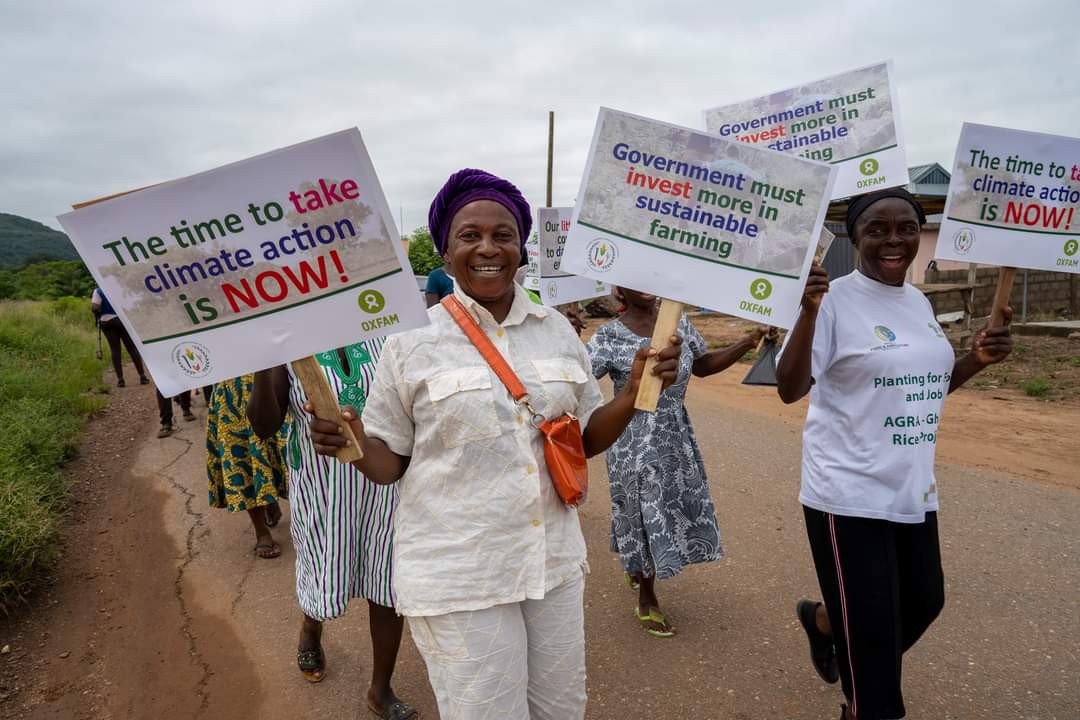
Incorporate climate change in curriculum—PFAG
The Peasant Farmers Association of Ghana (PFAG) has called on the government to integrate climate education programmes such as tree planting in school curriculum from an early age to create awareness of climate change.
The association explained that school children needed to embrace the habit of tree planting in and around their school compound and their communities to help protect the environment.
The Shai-Osudoku District Vocal Person of PFAG, Mr Charles Tetteh Hombey, who said this in an interview with the Graphic Business in Accra on November 20, observed that the country needed a clear strategy to introduce climate change into the basic school curricula.
He said the change of weather patterns in the country was visible evidence that “global warming has caught up with us”.
As a result, he said farmers have lost their regular planting season and for that reason the government needed to take keen steps to address the situation.
Read: Asabee leaves SIGA to focus on NPP chairmanship
Joint statement
His comment followed a joint statement issued by PFAG and Oxfam in Ghana on climate change after a peaceful march in Asutuare last week.
“We are dangerously close to catastrophic tipping points in global temperature rises that will wreck even more lives around the world. We have a huge opportunity to do what it takes –right now in 2021.
“Therefore, to coincide with the COP26 UN Climate Summit happening in Glasgow this year, Oxfam and partner organisations like PFAG and small -scale farmers are marching today to add our voices to the need to take urgent action on climate change.
“The World Climate March we are embarking on today is to add our footprints to other countries in Africa and the world who have done this already. We demand climate action from world leaders during COP26,” the statement said.
Read: Hunt on for man who killed girlfriend, stuffed her body in refrigerator
Harsh impacts
It said while Ghana may be among the countries who contribute very little to global temperatures, it was not spared of the harsh impacts of climate change.
The effects of climate change in Ghana is manifested through rising temperature; floods, declining rainfall, total and increased variability, rising sea level and high incidence of weather extremes and disasters, shorter seasonal patterns and increased temperature.
“The onset of climate change therefore poses a direct challenge to small-scale agricultural production and food security in the country.
“As a result, agriculture and natural resource-based activities are threatened by the rising temperatures we are experiencing. Ghana’s vulnerability to the impacts of climate change necessitates that we consciously plan for current and future generations.”